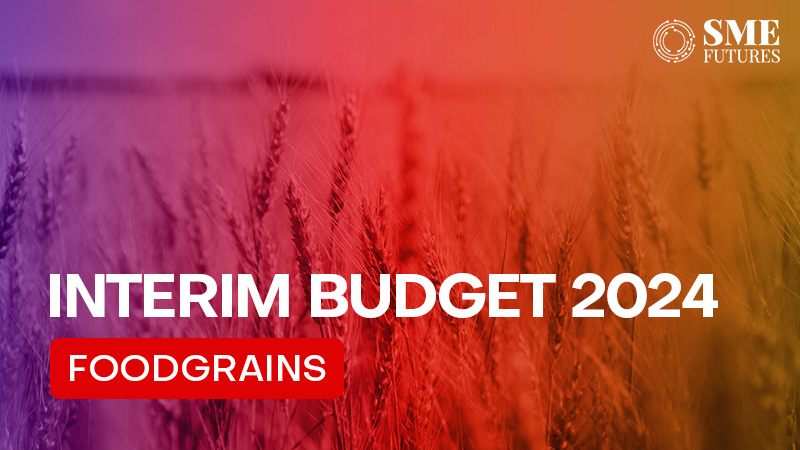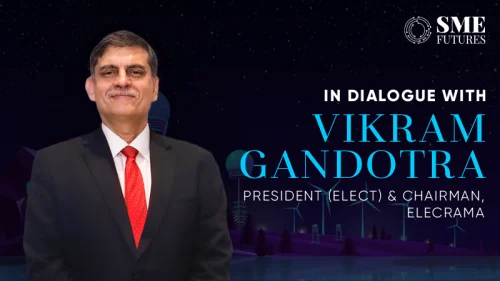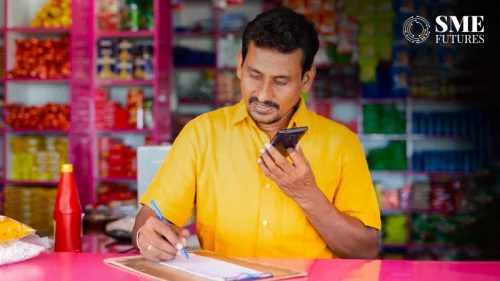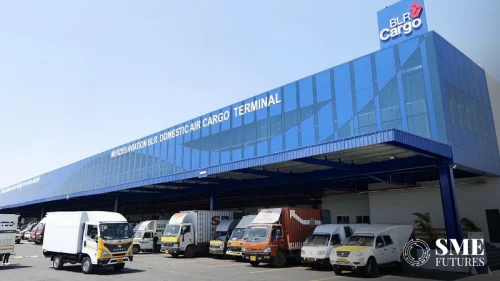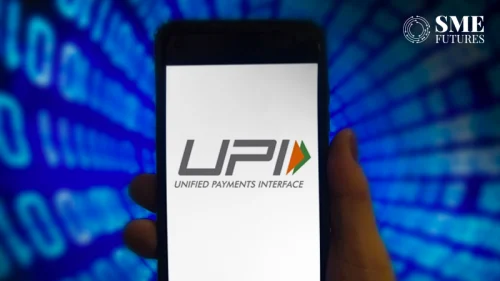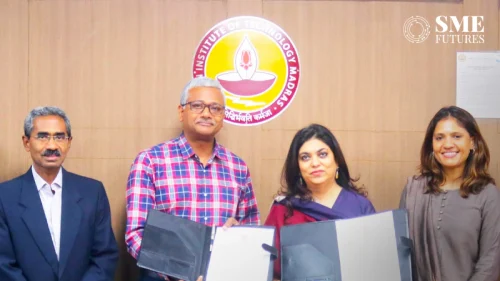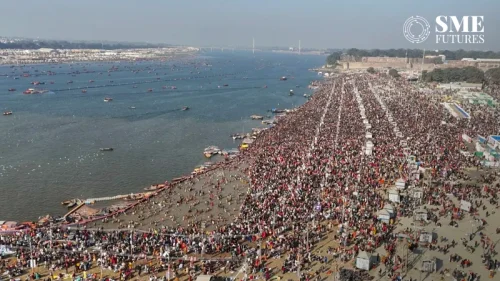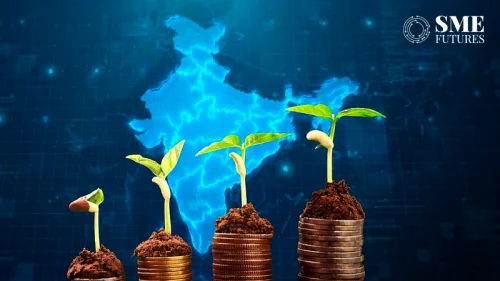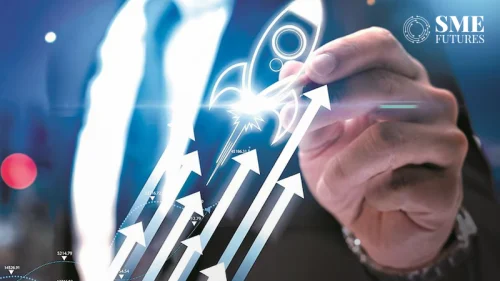The forthcoming Interim Budget is expected to allocate Rs 2.2 lakh crore to implement the free foodgrains scheme targeting the poor, along with increased funding for other social welfare initiatives. These include a boost in allocations for the rural employment guarantee scheme (MGNREGA) and the Vishwakarma Scheme, which supports craftsmen like blacksmiths, carpenters, basket makers, and masons.
Prime Minister Narendra Modi has declared a five-year provision of free foodgrains, starting January 1, 2024, as part of the government’s strategy to address national food and nutrition security. The scheme aims not only to provide nutritional support but also to alleviate financial burdens for the less privileged by diverting funds saved on foodgrains towards other essential needs.
Utilising technology-based platforms under the Digital India initiative, the government is ensuring that benefits reach the intended beneficiaries. The ‘One Nation One Ration Card (ONORC)’ initiative facilitates portability of entitlements for migrants, both within states and across state borders.
While Rs 60,000 crore was allocated for MGNREGA in the 2023-24 budget, the upcoming Interim Budget is expected to witness a substantial increase in this allocation. MGNREGA, a rural job program guaranteeing 100 days of wage employment, has proven crucial during lean agricultural periods and natural calamities like droughts and floods. The demand for jobs under MGNREGA surged in the current fiscal year due to an erratic monsoon.
MGNREGA has also played a role in women’s empowerment, with statistics for 2022-23 indicating a participation rate of 57.8 per cent, surpassing that of men. The scheme’s employment opportunities contribute to raising overall wage levels in rural areas.
The Vishwakarma Scheme, which had a Rs 13,000 crore allocation in the 2023-24 budget, is likely to witness an increased outlay in the Interim Budget. Launched by Prime Minister Modi in September 2023, the scheme supports traditional artisans and craftspeople, known as ‘Vishwakarmas,’ across 18 trades. The program includes training to upgrade skills, collateral-free loans up to Rs 3 lakh, and marketing support, aiming to improve the economic empowerment of artisans, especially those from marginalised communities.
The Vishwakarma Scheme seeks to enhance the quality, scale, and reach of products and services from artisans and craftspeople, integrating them into domestic and global markets and economically empowering workers from Scheduled Castes, Scheduled Tribes, Other Backward Communities, women, transgender individuals, and other vulnerable sections of society.

